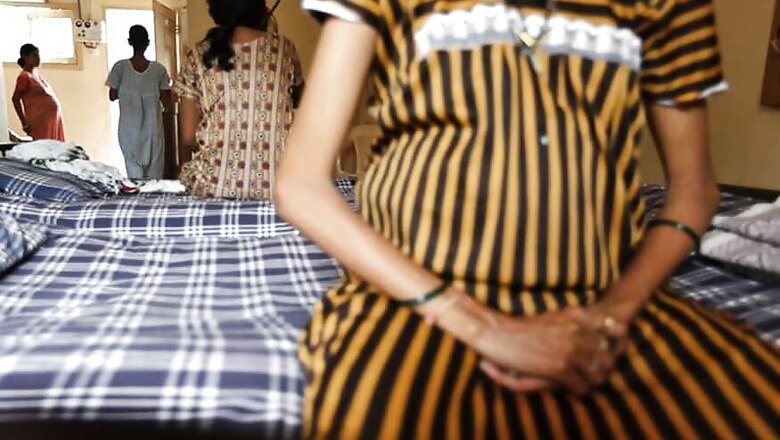
views
New Delhi: The Union Cabinet on Wednesday approved the Surrogacy (Regulation) Bill, 2020, which allows any "willing" woman to be a surrogate mother and proposes that widows and divorced women can also benefit from its provisions, besides infertile Indian couples.
The bill incorporates all recommendations made by a Rajya Sabha select committee, which studied an earlier version of the draft legislation, and is aimed at banning commercial surrogacy and allowing altruistic surrogacy, Union minister Prakash Javadekar told reporters.
His Cabinet colleague Smriti Irani said the bill proposes that only Indian couples, with both partners being of Indian origins, can opt for surrogacy in the country.
She asserted that Prime Minister Narendra Modi has led from the front with a liberal view on the issues of reproductive rights of women, be it medical termination of pregnancy, the Assisted Reproductive Technology Regulation Bill or the surrogacy bill.
The amended bill is reformed version of the draft legislation which was passed by Lok Sabha in August 2019 but its provisions, including that only a close relative of a couple can be a surrogate mother, had invited criticism.
The government then agreed to send the bill to a Rajya Sabha select committee, which is headed by BJP MP Bhupender Yadav, for holding wide consultations with various stakeholders and making recommendations.
The amended bill is likely to be tabled in the second half of the Budget Session beginning next month. The bill also proposes to regulate surrogacy by establishing National Surrogacy Board at the central level and, State Surrogacy Board and appropriate authorities in states and Union Territories respectively.
The proposed insurance cover for surrogate mother has now been increased to 36 months from 16 months provided in the earlier version.
While commercial surrogacy will be prohibited including sale and purchase of human embryo and gametes, ethical surrogacy to lndian married couples, Indian-origin married couples and Indian single woman (only widow or divorcee between the age of 35 and 45 years) will be allowed on fulfilment of certain conditions, official sources said.




















Comments
0 comment